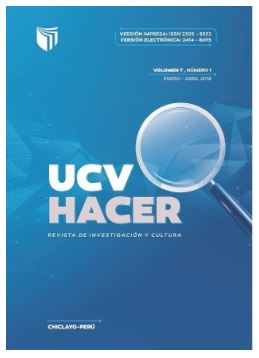Recreational program and mathematical learning in the organizer number, relations and operations in primary education
Keywords:
Recreational program, Learning, Mathematical learningAbstract
The recreational programs are best regarding the time to learn , and if we speak of children , is playing the most effective way to study , because the best learning is that which takes place within a warm climate and confidence , and better whether these programs are used in the teaching of a subject as respected as mathematics. The mere mention comes to the fore old fears and myths, but thanks to these programs have been able to go banishing. Cognitivist theories like Piaget, Ausubel and sociological program itself (Vygotsky, etc.) are strong support for design, implementation and success. Diagnosis made in this research revealed that most children in the second grade of the IE. COSOME had low or medium low performance, prompting the application of this fun program to reverse the situation. Thus, an investigation was carried out (according to Hernandez, Fernandez and Baptista, 2010) in experimental quasi experimental level, the sample was selected through simple random sampling technique, resulting in the "E " section as a group experimental and "D" as a control group section with a total of 68 students out of a population of 212 students. Results and post-test analysis show the effectiveness of the program on students playful 2 " E " from the IEN ° 10824 COSOME who significantly improved their mathematical learning about their peers 2 " D".
Downloads
Downloads
Published
How to Cite
Issue
Section
License

This work is licensed under a Creative Commons Attribution-NonCommercial-ShareAlike 4.0 International License.










